By Leslie Tan, Colin Tung, Lim Yong Teck, Jasmine Goh
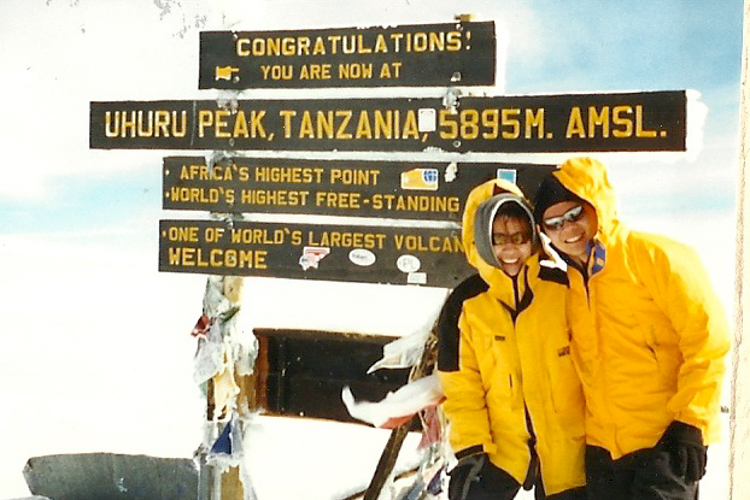
Minister Wong (right) in his younger days at Uluru Peak, the highest free-standing point of Mount Kilimanjaro. (Photo courtesy of Lawrence Wong)
Lawrence Wong, 41, was elected to the Singapore Parliament at the 2011 general election. A member of the governing People’s Action Party (PAP), he is currently the Minister, Ministry of Culture, Community and Youth, and Second Minister, Ministry of Communications and Information.
Mr Wong studied at Haig Boys’ School, Tanjong Katong Secondary Technical School (the school was renamed Tanjong Katong Secondary School in 1993) and Victoria Junior College, before going on to the University of Wisconsin–Madison in the United States where he completed a Bachelor of Science degree in Economics in 1993. He subsequently obtained a Master of Arts degree in Economics at the University of Michigan–Ann Arbor, and also a Master of Public Administration degree from the Kennedy School of Government at Harvard University.
In an exclusive interview with Red Sports, he talks about National Service, foreign sports talent, the S.League, the Sports Hub, sports funding, ActiveSG, sports trends, and his personal best times for running.
Colin Tung, Red Sports: Do you think the High Performance System (HPS) should be expanded to include other athletes who are not as elite as Joseph Schooling? There are stories of other athletes — who quit their jobs and take leave of absence from school — which don’t get told, because these athletes might not have hit the qualifying marks and standards yet. Do you think there should be more safety nets to help these athletes who fall through the net? And do you think some sports are essentially easier than other sports to qualify for funding?
Minister Wong: They’re related. First of all, our HPS is not limited to the spexScholarships. It’s a broad system that covers everyone. Some countries are very specific. If you go to the UK (United Kingdom), their whole funding system is only for athletes who can get medals. We’re not like that at all.
We give funding beyond athletes who can get medals. So it’s already an inclusive system, much more than the UK. Our system funds all carded athletes through the NSAs, so I think it’s not fair to say that you can’t get funding.
Anyone who is training for the SEA Games will get some form of funding or another, but we give more for those who have the potential to do better. So we tier it. There’s the Final Push programme for the SEA Games. If you’re going beyond the SEA Games and you have the potential to achieve Asian Games or higher, there is another programme called spexScholarships for athletes who are of that level. So it’s already a tiered system.
The design of the system is to create a base for all athletes and then we progressively increase support. The more the athletes get, the higher the level of the performance.
Leslie Tan: So we’re not purely focused on sports that can win medals based on an eight- or 12-year cycle like the UK?
Minister Wong: Indeed, we are not. For that matter, I think UK Sport is reviewing its funding model now because I think they realise they have gone a bit too far in terms of pursuing medals.
To the question of which sports are easier, that’s very subjective. In the end, we’re looking at the benchmarks for getting to the major games: Commonwealth, Asian Games, Olympics. Those are international benchmarks.
I don’t know that you can compare one benchmark or say that it’s easier to get a gold in one sport at the Asian Games compared to another sport – that’s a very subjective statement. But we look at each individual and his or her potential to medal at that level.
So there is medaling at the SEA Games level – that’s one level, for which we are prepared to support any athlete, particularly for next year’s SEA Games and Para Games. Then, we look at higher level for spexScholars.
With sports, it’s easier than arts and culture. With arts and culture, you talk about artistic excellence and benchmarks, it’s very subjective. But, with sports, there are clear indicators whether you’re track and field or swimming, they are more straightforward, objective indicators – international benchmarks, which you can compare against and which we can track.
We won’t always get it right. Even with that, there will be some who will appeal and we have a panel that do these things. It’s not just selected by an individual. There’s a panel that’s independent and they do the selection process for the different levels of fundings.
Leslie Tan: MCCY has a one-year scheme named “The Final Push” to support athletes who “commit to a fully-monitored, full-time training load that is dependent on the sport in which they train in”. How many athletes are on this scheme currently?
Minister Wong: We have 200 athletes and then another 70* para-athletes under this scheme.
Colin Tung: Talking about selection, with the SEA Games in Singapore next year, will the Ministry be pushing the national selectors to field Singaporeans in every event so that Singaporeans will have someone to cheer for in every event?
Minister Wong: SNOC (Singapore National Olympic Council) does the selection and, certainly from our point of view, we would like to have more athletes and I would think that, for the coming SEA Games, we will be fielding one of our largest contingents ever in SEA Games history for Singapore.
We will like to have athletes in every sport. It may or may not be possible, so that goes back to preparation because there will be a minimum in terms of preparedness. There will be some standards that you will have to meet.
SNOC is the one that eventually does the selection but we will certainly advocate for SNOC to try and include as many Singaporean athletes as possible, particularly for the SEA Games next year.
*Total number of para-athletes supported by The Final Push will be confirmed only at a later date
Numbers at a Glance
Total spending on spexScholarship – $40m over 5 years
Current number of spexScholars – 71
Current number of NSA-carded athletes – 1400
Number of sports supported – 43
Total spending on carded athletes – No official figure and the annual grants vary year to year. According to MCCY, Sport Singapore disburses annual grants to NSAs, which decides how to allocate funds. Part of these funds are spent on high performance development of their carded athletes.
Look out for Part 7
On National Service and sporting heroes – an interview with Lawrence Wong (Part 1)
On foreign sports talent – an interview with Lawrence Wong (Part 2)
On S. League and racial lines in sports – an interview with Lawrence Wong (Part 3)

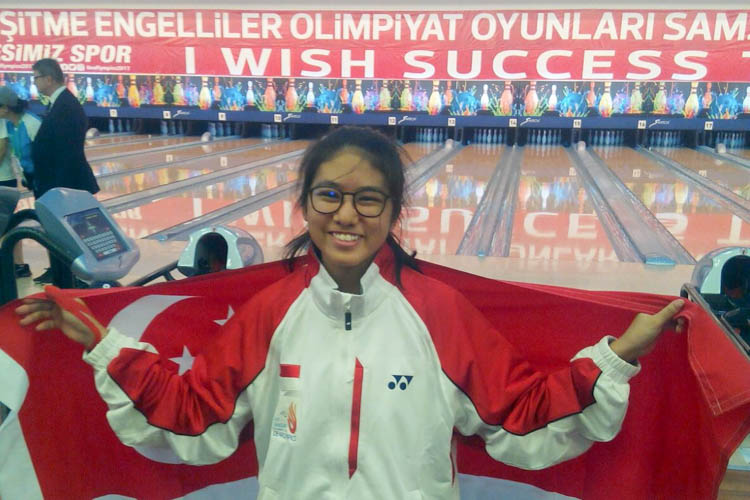
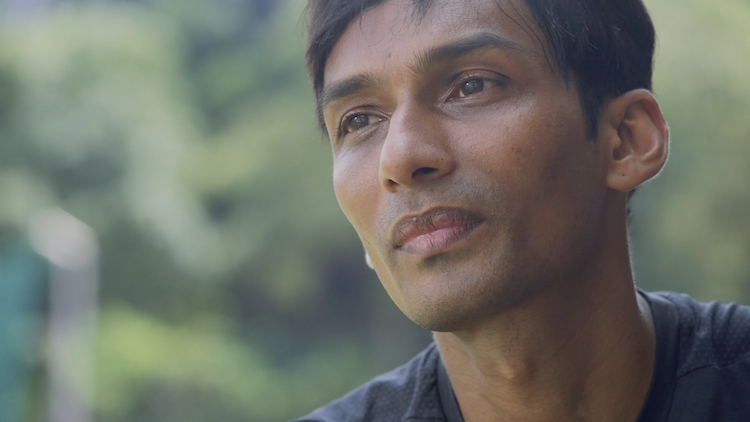
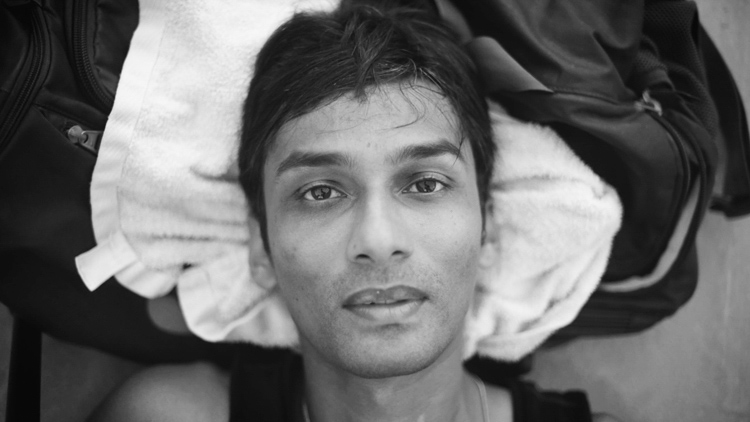
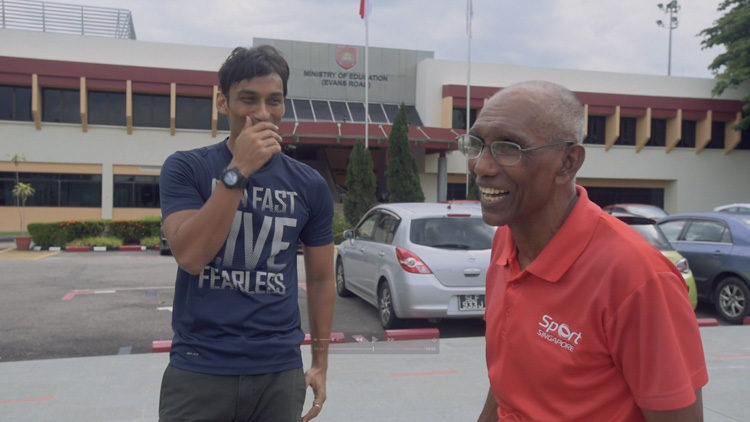
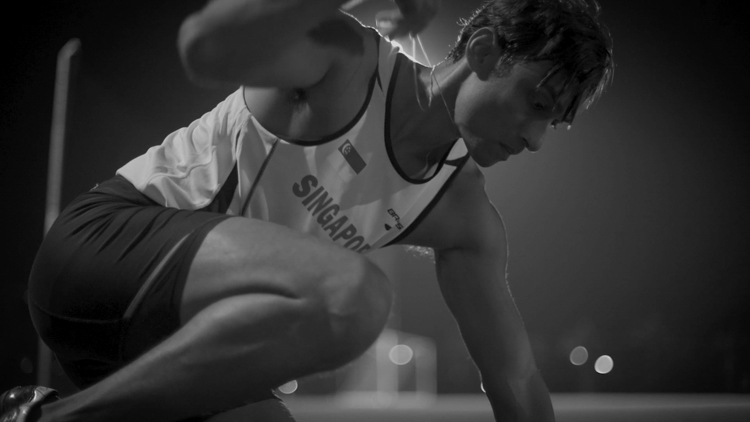
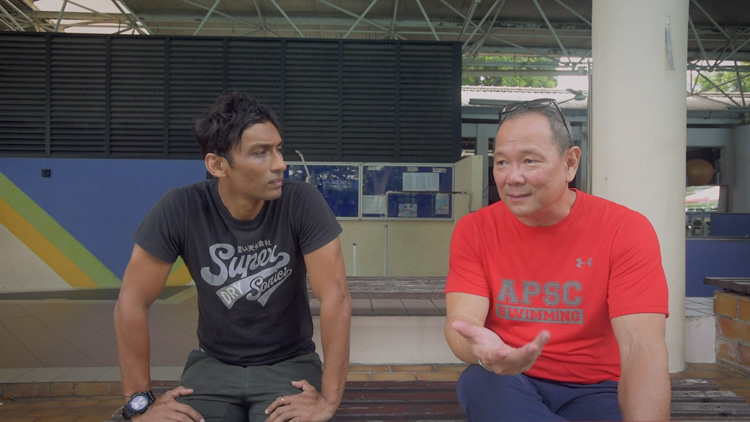
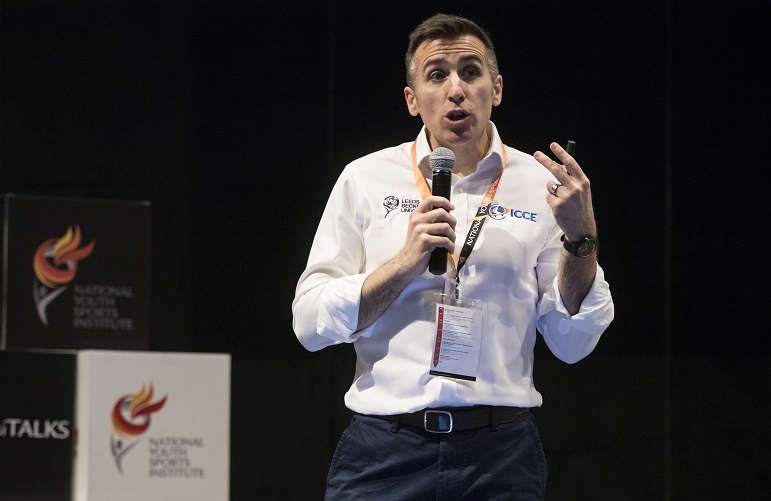
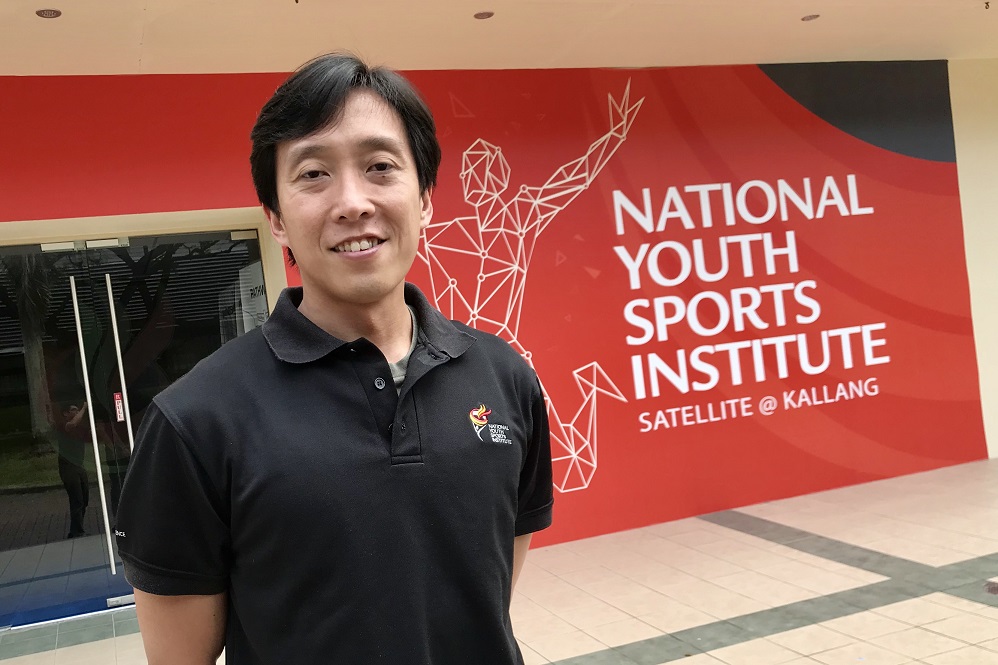
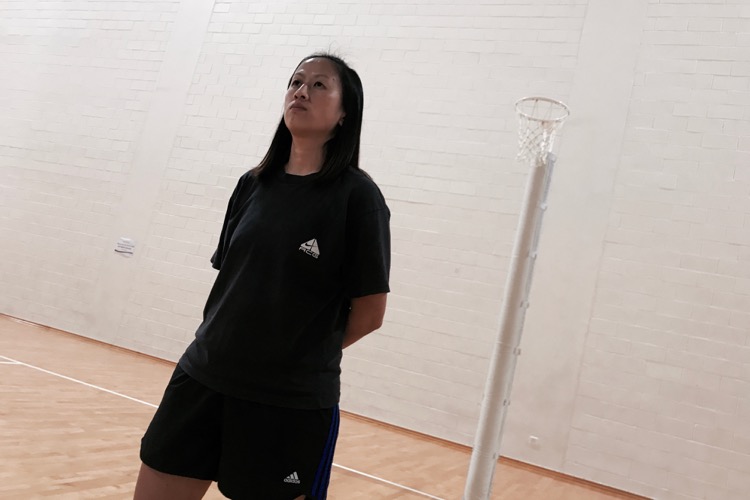
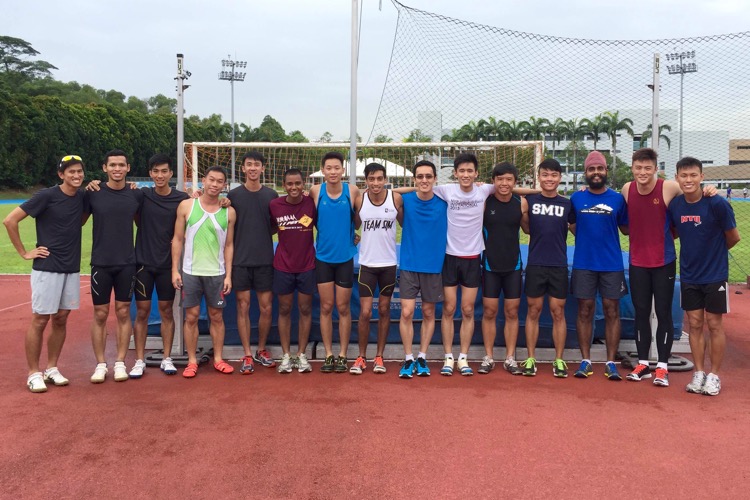
[…] Red Sports, he talks about National Service, foreign sports talent, the S.League, the Sports Hub, sports funding, ActiveSG, sports trends, and his personal best times for […]
[…] Red Sports, he talks about National Service, foreign sports talent, the S.League, the Sports Hub, sports funding, ActiveSG, sports trends, and his personal best times for […]
[…] Red Sports, he talks about National Service, foreign sports talent, the S.League, the Sports Hub, sports funding, ActiveSG, sports trends, and his personal best times for […]
[…] Red Sports, he talks about National Service, foreign sports talent, the S.League, the Sports Hub, sports funding, ActiveSG, sports trends, and his personal best times for […]